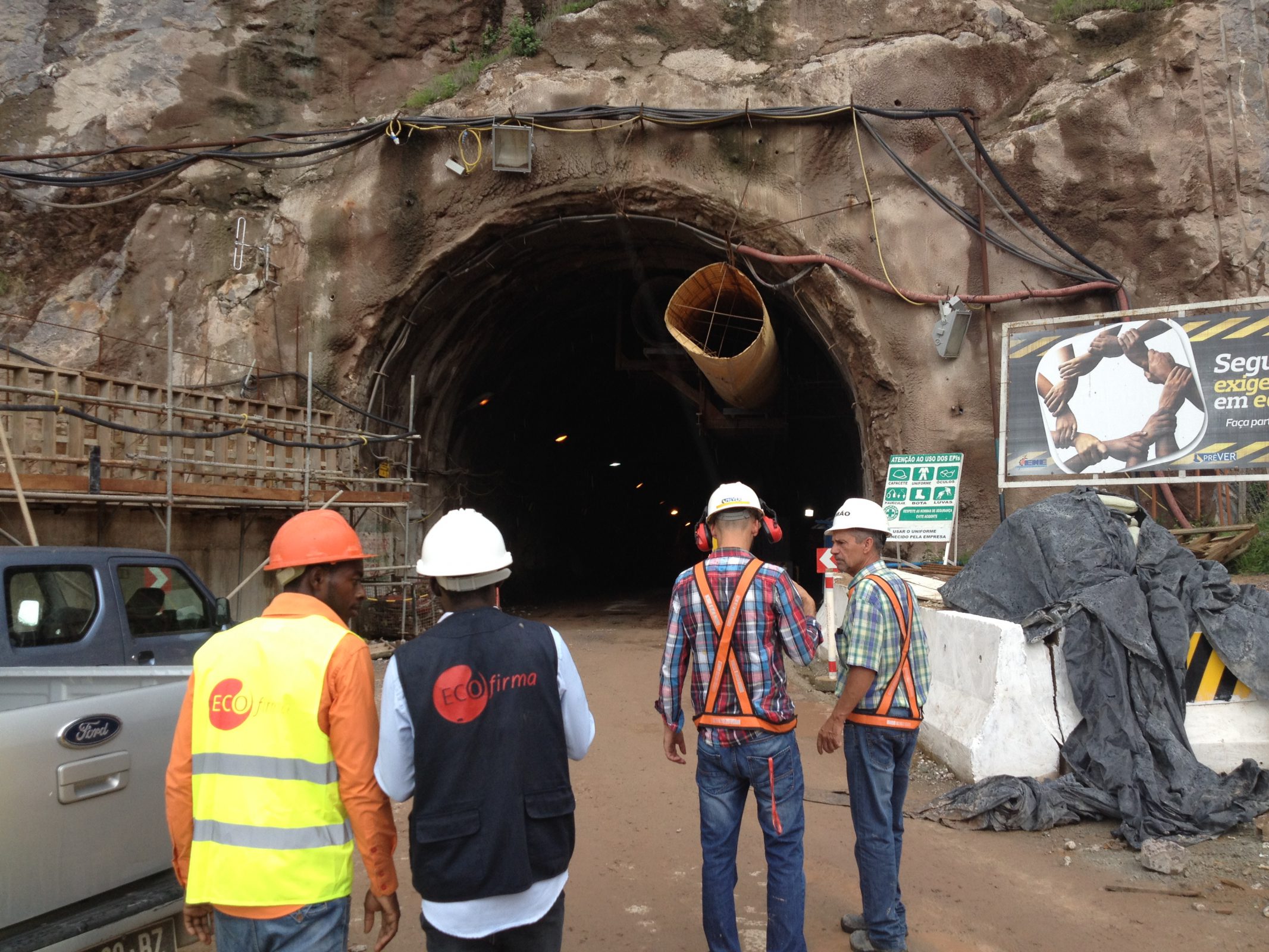With the increasing demand for water resources worldwide, dams have become a vital element for water storage. However, these structures are susceptible to damage and wear, especially after years of use. It is therefore important that dam construction and maintenance companies are able to carry out repairs and maintenance quickly and efficiently.
In this article, we will address the logistical challenges involved in carrying out dam repair works and how ECOFIRMA INTERNATIONAL has managed to overcome these obstacles.
Logistics and proximity
Transporting heavy equipment and supplies is one of the main logistical challenges faced by companies working on dams.
Most dams are located in remote areas, which makes the delivery of supplies and equipment even more challenging. In addition, many dams are located in mountainous regions or in areas that are difficult to access, making logistics even more complex.
ECOFIRMA INTERNATIONAL has been able to overcome these obstacles by taking a proactive and integrated approach to logistics. The company has extensive expertise in supply and equipment logistics, which allows it to effectively plan and manage the delivery of supplies and equipment to remote locations. In addition, ECOFIRMA INTERNATIONAL works in partnership with local suppliers to ensure that the necessary supplies and equipment are available when needed.
Local specialised teams
Another common logistical challenge involves limited access to skilled and experienced labour. Dam construction and maintenance require specialised technical skills and experience working in hazardous environments. A lack of skilled labour can delay project completion and increase costs.
ECOFIRMA INTERNATIONAL has addressed this challenge in a number of ways. The company invests in training and development programmes for its staff, ensuring that all members are up to date with the latest techniques and best practices.
In addition, the company works closely with local organisations to identify talent and provide employment opportunities in remote regions.


